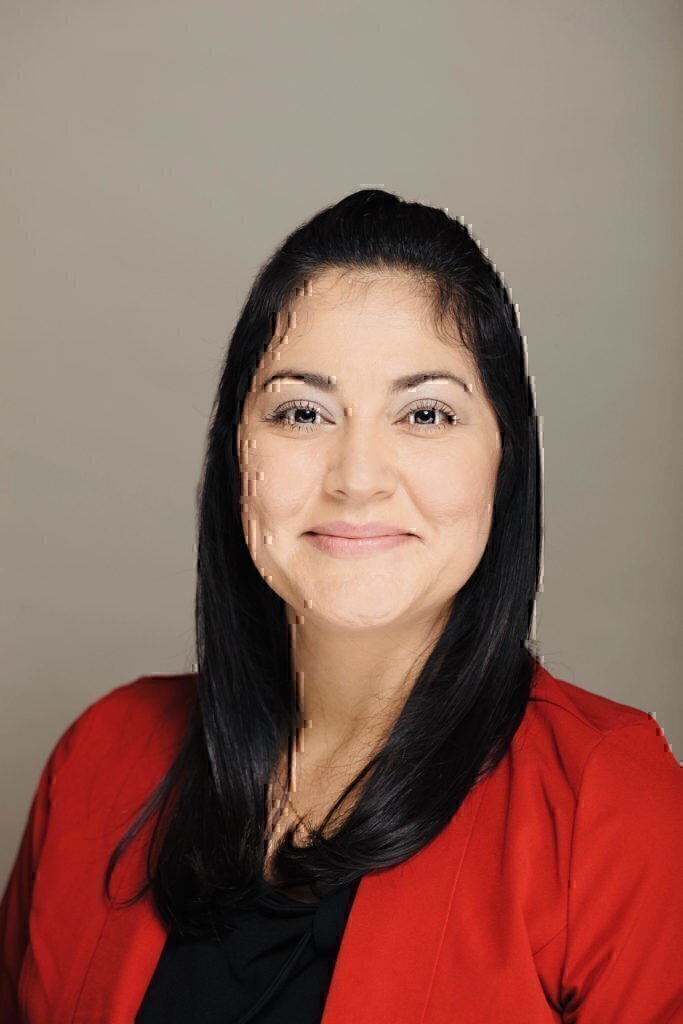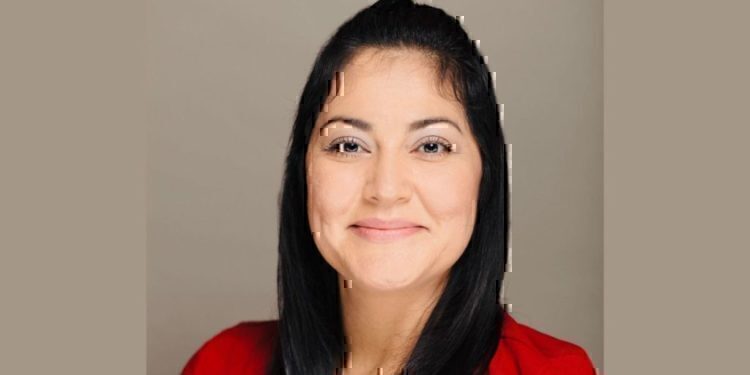
American Corporate Partners (ACP) is a nationwide, nonprofit organization that proudly assists America’s veterans in their transition from the military to the civilian world through one-on-one, career development mentorships. In January 2019, ACP launched a similar mentoring program for active duty military spouses. While there are a number of reports clearly showcasing the need for such a service, no one can explain this need better than active duty spouses themselves.
This month, ACP spoke with Sandra Day, one of the program’s first spouse protégés, about some of the employment challenges she has faced and how working with an ACP Mentor has been beneficial in overcoming these barriers. If you are the spouse of an active duty servicemember, sign up for your own free, customized career development mentorship through ACP today!
ACP: What do you feel some of the biggest employment barriers or challenges are for Military Spouses?
Sandra: As military spouses we leave everything we know behind to support our soldiers. More often than not, we also leave our careers behind. Finding yourself in an unknown place with no network and no friends can be very intimidating. Having to reinvent your career is one of the biggest challenges in my opinion.
ACP: What have been some of the biggest challenges you’ve faced in your career development as a result of your spouse’s service?
Sandra: Personally, every time we PCS (Permanent Change of Station) I have had to start over personally and professionally speaking. In the past I have been unemployed and underemployed as a result of a PCS. I often feel that I have to hide the fact that I’m a military spouse in fear of being discriminated against for job placement, because the question: when will you be moving again? always comes up.
ACP: Did you anticipate facing these challenges?
Sandra: Definitely not. When I first became a military spouse I already had a masters degree. So I thought that relocating and finding a job was going to be a matter of weeks. Truth is, four months later I ended up taking a job that was well outside my area of expertise, and I also took a huge pay cut. When we PCSed to our next station of duty, I gave up on job hunting after nine long months of seeking employment with no success.
ACP: How has having a mentor helped navigate some of these challenges?
Sandra: First and foremost, having a mentor has helped me gain back my confidence. I already had a great set of skills when I met my mentor, what I was lacking was professional self-esteem. It is easy to forget your qualifications when you continue to submit application after application without any positive feedback. My mentor has reminded me of all the experience I have and my strong skillset. He has helped me believe in myself again. He has taken the time to coach me, do mock interviews with me, revise my resume, and most of all he has taken the time to listen to me and my needs. I will always be thankful for having ACP and for connecting me to Barry.
ACP: What other tools and resources for Military Spouses have you utilized that have been beneficial?
Sandra: I joined the USO pathfinder program almost a year ago and it truly made a difference professionally speaking. It was through this program that I learned about the many agencies and organizations that provide services for spouses. I also joined the Texas Veterans Commission Military Spouse program to help me with career development. I have also participated in the Hiring Our Heroes Professional Corporate Fellowship Program, and I am currently the Lead for Hiring Our Heroes-Military Spouse Professional Network.
ACP: What are your long-term career goals?
Sandra: I am fortunate enough to have a career that will potentially move with me once we PCS again and even once my husband retires from the military. I plan to stay with my current employer for as long as possible and retire from there one day. Nonetheless, there is much room for growth for my career and that will keep me focused and motivated.
ACP: What advice would you give to other Military Spouses who might be struggling to develop their own long-term career goals?
Sandra: Become a good planner, have more than one career goal/plan. Be ready to switch gears, you never know when the right opportunity will come your way. Don’t be afraid to try something new, you have nothing to lose and all to gain.
About Sandra: Sandra is the spouse of an active duty soldier who plans to retire from the Army. In the past 4.5 years alone, they have moved their family 3 separate times due to her husband’s service. Sandra holds both her BS in Health Promotion and Master’s in Public Health, and she is passionate about using her education and experience to improve the lives of others.








